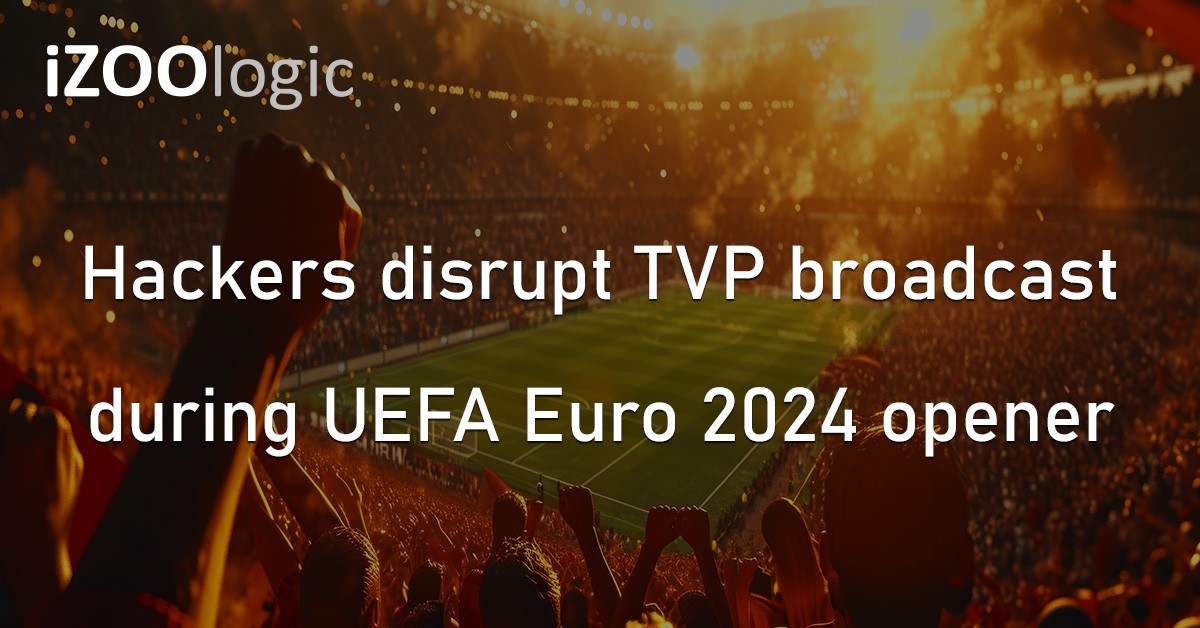Football fans throughout Europe were excited about the start of UEFA Euro 2024, but Polish public broadcaster TVP faced an unexpected problem when hackers disrupted its internet broadcast during Poland’s opening Group D match against the Netherlands.
The event, which was classified as a distributed denial-of-service (DDoS) attack, happened just at the start of the game. TVP quickly identified that the attack was coming from IP addresses in Poland, and it moved quickly to work with national operators to lessen its effects. IT teams were able to resume regular broadcasting services in spite of the outage quickly.
During UEFA Euro 2024, security analysts suggested that Polish football fans might have unintentionally caused a spike in web traffic.
For a while there were doubts about what exactly had happened. Polish football fans’ overwhelming excitement in watching the game may have caused an unintentional spike in web traffic, according to security analysts. As millions of IP addresses tried to view the broadcast, they saw the influx.
Poland’s deputy minister of digital affairs, Pawel Olszewski, rejected this idea, claiming that the disruption was the result of a malicious and intentional act. Olszewski put the finger in Russia in an interview, claiming that the attack was planned to deny Polish civilians access to the internet during a major athletic event. He cited earlier incidents in which similar cyberattacks on significant international athletic events were linked to Russia.
The incident serves as a reminder of the ongoing threat that cybercriminals represent at major international events. Cybersecurity is still an important concern, as seen by the infamous disruptions at the 2018 Winter Olympics and current attempts to target the UEFA World Cup and the 2020 Summer Games. Olszewski restated that the DDoS attempt against TVP was quickly neutralized, but he also underlined the necessity of ongoing watchfulness and strong cybersecurity defences in order to protect against such attacks in the future.
Authorities are keeping a close eye on UEFA Euro 2024 and strengthening cybersecurity defences to stave off any potential disturbances that might compromise the tournament’s broadcasts’ accessibility and integrity.
